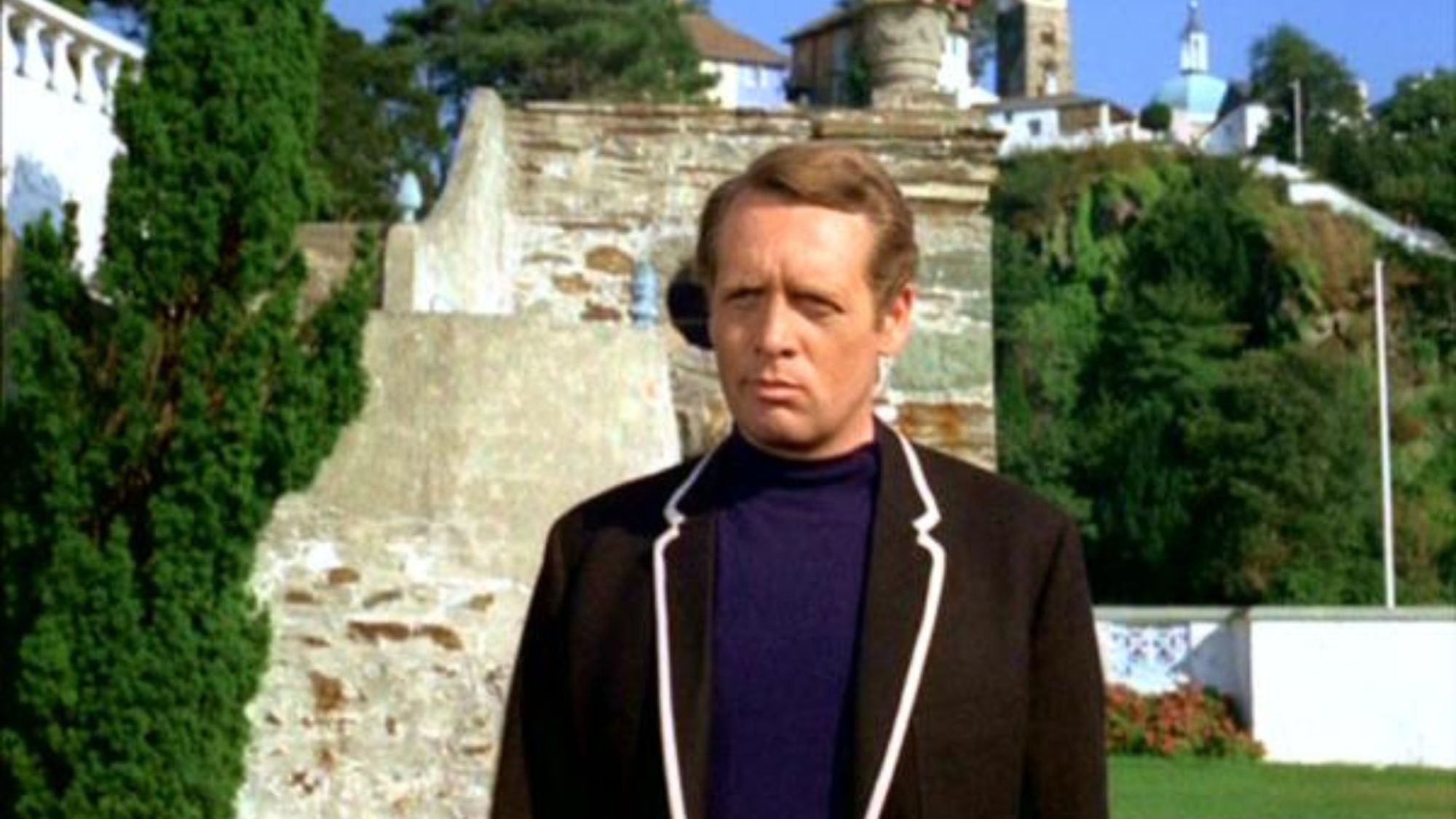The highly anticipated film adaptation of Stephen King’s novel, “The Running Man,” directed by Edgar Wright, is set to open on November 14, 2023. This fresh take diverges significantly from the 1987 film starring Arnold Schwarzenegger, instead closely following the original narrative. The story revolves around Ben Richards, portrayed by Glen Powell, who enters a deadly game show to secure funds for his struggling family.
Wright, known for his vibrant storytelling, delivers a fast-paced and engaging experience. The film captures the essence of a gripping game show where Richards must evade not only the public eye but also a group of lethal assassins known as the Hunters. The unique premise allows for a dynamic exploration of various settings, keeping the audience on the edge of their seats. Each action sequence possesses its own distinct flair, showcasing Wright’s talent for innovative filmmaking.
In addition to Powell’s captivating performance, the film boasts a strong supporting cast, including Colman Domingo, Josh Brolin, and Lee Pace. Their contributions elevate the film, bringing additional excitement and depth to the narrative. As Richards navigates the treacherous landscape of the game, the tension escalates, creating a suspenseful atmosphere that keeps viewers guessing about allegiances and threats.
Despite its engaging premise, the film encounters challenges in conveying the complex rules of the game show. Richards must submit daily video confessions and adhere to intricate prize structures, which occasionally disrupt the film’s momentum. While these elements provide necessary context, they can become overwhelming, momentarily detracting from the overall enjoyment.
As the narrative approaches its climax, the film’s pacing shifts unexpectedly. The conclusion, which attempts to deliver a cheeky twist, can feel disjointed compared to the energetic buildup that precedes it. Critics may find the abrupt change in tone and pacing jarring, leading to a sense of disappointment, especially given the thematic resonance of the story.
Wright’s adaptation retains many of the themes from King’s original work, including critiques of corporate greed and the struggle against oppressive systems. The film explores the importance of kindness and solidarity amidst adversity, showcasing the emotional core that resonates with audiences. The craftsmanship evident in the film’s production—stunning visuals, compelling editing, and an energetic soundtrack—adds to its overall appeal.
Despite its shortcomings, many viewers may find that the enjoyability of the film outweighs its flaws. After reflection, it is possible to appreciate the thrilling ride that “The Running Man” offers, even if the conclusion does not fully satisfy. The film’s engaging performances and vibrant direction make it a noteworthy addition to Wright’s body of work.
Ultimately, audiences are encouraged to experience this adaptation for themselves, as the film’s strengths may overshadow its missteps. With its release just around the corner, “The Running Man” promises to deliver an exciting cinematic experience that explores the depths of human resilience and the complexities of competition.







